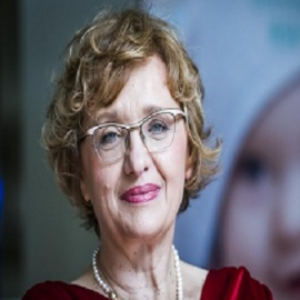Abstract:
Vaccination is one of the greatest achievements of contemporary medicine. It has been proven to be the most successful and economically most sustainable measure in primary preventive medicine. The responsibility of doctors for the implementation of vaccination programmes is great, regardless whether they are directly involved in their realization or not. With the development of new technologies and the globalization of society, vaccination is increasingly drawing the attention of the media and the wider society and politics, and not just the scientific and medical community.The health culture of prevention of disease by vaccination is a reflection of the enlightenment of the population, the accessibility of the health care system, and the development of society. An effort is made to include the vaccination programme, as a complex medical intervention, in the regular health care system. Vaccination may be undertaken according to a centralized or a de-centralized model, whether it is mandatory, mandatory for risk groups, recommended to everyone, or only recommended to risk groups. The vaccination calendar is adopted on a national level, according to the needs of the population. Thanks to vaccination, small pox has been eradicated, probably polio myelitis will soon be too, and morbidity has been significantly reduced by vaccinating against preventable diseases. Vaccination prevents on average the death of more than 2.5 million children each year. Vaccines are still not sufficiently available in underdeveloped countries due to poverty. At the same time, despite the obvious benefits of vaccination, especially in developed countries, there has been a noticeable rise in vaccine hesitancy. With the fall in the number of vaccinated people on a global, national, regional and local level, the risk is growing of epidemics breaking out once again of illness which until recently were in the phase of elimination. Evidence based education, especially the experience and attitudes of all health professionals, as potential educators of the population, is the foundation for successful vaccination. In the lecture, a historical overview is given, based on scientific evidence, of the health care culture of prevention of disease by vaccination. The current paradox is explained of the reduction in vaccination levels, despite the proven benefit of vaccination on the level of individuals and populations, and a vision is presented of the clinical use of new vaccinations in the future.




